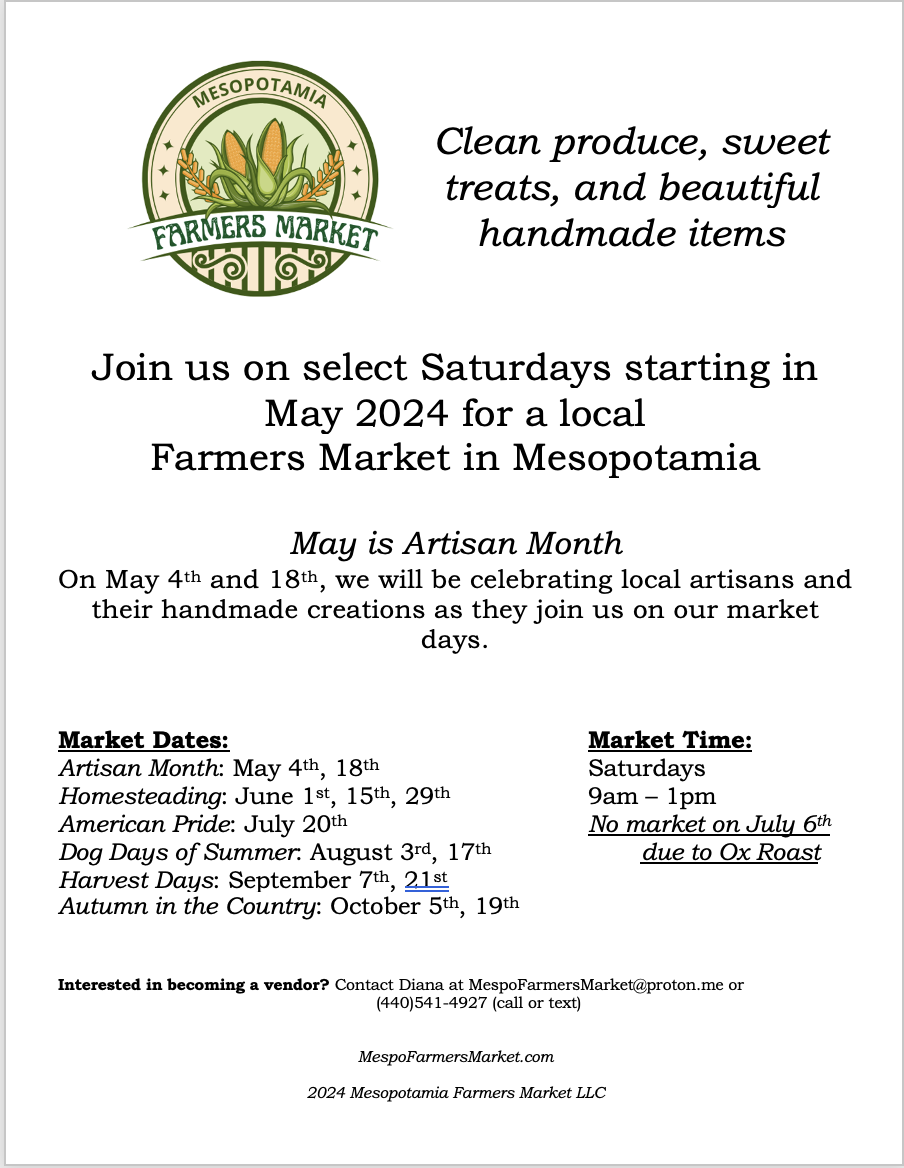In Northern Ohio, spring unofficially begins with the tapping of maple trees and the new crop of syrup that’s produced. For the past eight years, a determined group in Hiram returns to a donated sugar bush off Norton Road to brave the mud and fickle weather to collect sap from Hiram trees that will help rural farmers feed communities across the globe.
Jane Moody, who helps direct the program on behalf of Hiram Christian Church, notes that the efforts wouldn’t be possible without the teamwork and cooperation of many individuals from the church, the college, and the community. She credits Nathan Goodell, organic farmer and local maple producer with the inspiration for the project. His maple syrup production know-how, tanks, equipment, and use of his evaporator help make the logistics of the project work so seamlessly. Jim Tolin, Manager of Operations at Hiram College’s Field Station, as well as the college’s Sustainability Coordinator Zackary Fox work with student volunteers to help tap trees and gather sap throughout the season.
Church member Ron Etling works with volunteers to tap trees and gather sap throughout the season, monitoring when conditions are optimal for collection. Still more volunteers gather sap through the season, collecting it in tanks and transporting them to Goodell’s farm for processing. At the end of the season, volunteers from the church step in to help bottle the finished syrup and label it for sale.
Since the project began in 2014, the group has raised over $23,000 in proceeds and church contributions to support GHG programs and farmers in Nicaragua, Honduras, Columbia, Palestine, Dominican Republic, and Haiti.
Rachel Conley and Carlos Maldave from Growing Hope Globally (GHG) recently came to Hiram to meet the group and to share how their efforts have benefitted farmers around the world. According to Conley, roughly 811 million people worldwide suffer from hunger. She noted that the majority reside in rural areas and depend on agriculture to feed themselves and their families.
To help provide relief, GHG works with agricultural partners around the globe to help farmers learn new skills and techniques they can employ to make the most of their time and efforts, teaching them valuable skills. In turn, those original participants share these skills with their communities, making lasting changes in their lives. Not surprisingly, half of GHG growing projects around the US raise funds for the charity organization by growing corn and soy. In fact, that’s how the group had its start back in 1999 when farmers in Southern Ohio raised corn to ship overseas as aid. The high cost of shipping grain to remote people led the group to change their tactic, selling crops locally, then using the proceeds to fund agricultural tools and education for rural farmers around the world.
Conley noted that often, projects let a variety of people pool resources to help. Today, she noted, half of the GHG projects in the US are as varied as the folks who volunteer their time. Projects allow for people to use the resources they have, combined with others. She explained that often, a landowner provides the use of their fields, while another individual plants and still others harvest. Some churches create community gardens or start CSA programs to raise funds. Conley shared that another group raises beef each year, holding an annual community “Burger Bash”, donating the proceeds to GHG, while another raises funds through holding an annual “Dairy Day”. Hiram Christian Church’s maple project is one of only two of the 130 GHG groups across the United States. Since GHG’s inception in 1999, groups like these have been able to provide agricultural training and tools to over 2.1 million people around the world.
Conley noted, “It costs just $55 per farmer to provide sustainability assistance for a lifetime.” She continued, “The education and tools made possible through Hiram’s project alone have helped equip 420 farmers – men and women across the world – to create family gardens, greenhouses and implement soil management techniques to feed their children and communities.”
“We can make a difference against chronic hunger around the world,” Maldave explained. “Each project, no matter the size, helps cause change.”
In Haiti, funds from Hiram have helped farmers in Jean Rabel and Mole St. Nicolas learn valuable soil conservation techniques that help improve crop yields. By building rock walls and digging channels to help control erosion, the program created jobs for 180 residents as well. In the Dominican Republic, GHG has implemented education and training initiatives that help local farmers utilize sustainable farming practices to use less water in the dry, arid climate. Microprojects provide employment opportunities for young people, that allow them to remain in their communities instead of leaving to find work.
As climate changes make agricultural efforts more challenging, GHG programs help farmers learn to diversify crops to accommodate shorter growing seasons and monitor rainfall to better schedule planting and harvesting. Education on water and soil conservation techniques helps support agricultural efforts as well. “It’s all about using local resources to help people around the world use their own local resources to make a better life,” added Conley.
The maple project in Hiram is made possible through the service of 20 volunteers from Hiram Christian Church, 15 volunteers from Hiram College, and a number of volunteers from the local community. The church’s program has successfully operated for eight years, generating over $23,000 in proceeds from the sale of maple syrup, sales of blueberries from a local farm, as well as donations from church members.
“It’s great to see the incredible partnership between the church, the community, and the college,” Moody added.
“But there’s always room for more help!” she added. For more information on the GHG maple project at Hiram Christian Church, contact Jane Moody at janjmoody@msn.com.
















